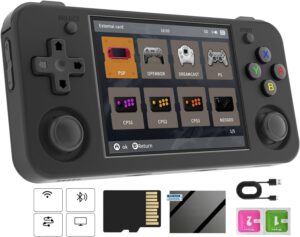Even when utilizing Intel-optimized software for artificial intelligence, the new Core Ultra 7 155H finds itself in a challenging position, losing to the Ryzen 7 7840U in half of the cases. However, in instances where Intel’s new processor wins, the margin is substantial.
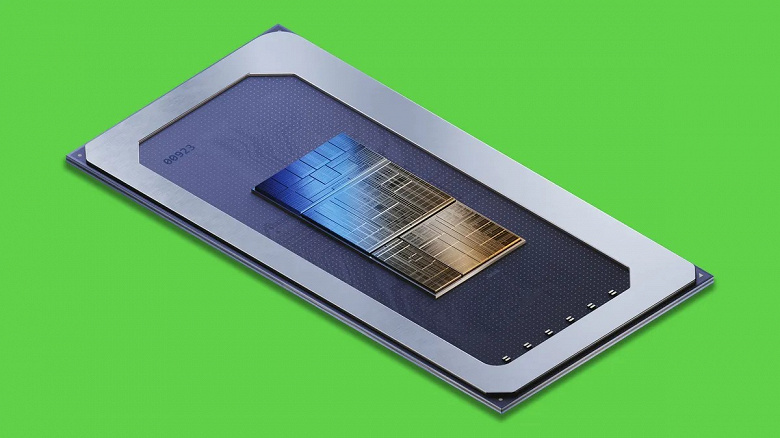
Recent tests of the Intel Core Ultra 7 155H under Linux revealed significant performance gaps, especially against the 15-watt Ryzen 7 7840U, with Intel’s offering consuming more power. Tom’s Hardware conducted separate tests on the Meteor Lake processors for AI-related tasks using Intel-developed tools.
Specifically, these tests were performed in applications like Audacity and GIMP using the Intel OpenVINO plugin, focusing on four key tests: OpenVINO Stable Diffusion, OpenVINO Music Generation, OpenVINO Whisper Transcription, and OpenVINO Noise Reduction.
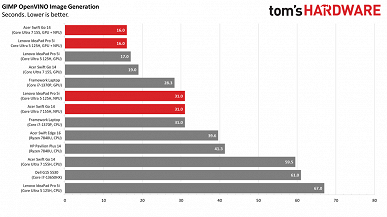
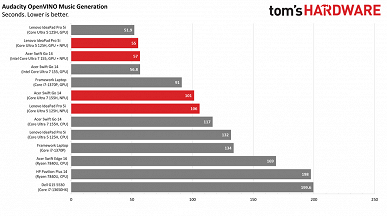
Despite the optimization for Intel hardware, the results were mixed. On the positive side, in the first test involving both NPU and GPU, the Core Ultra 7 155H, alongside Core Ultra 5 125H, significantly outperformed its predecessor and the Ryzen competitor. In this mode, the new processors were twice as fast as the Core i7-1370P and even more ahead of the Ryzen 7 7840U. Even when only the GPU was utilized, Meteor Lake processors still showed superior performance. Similar trends were observed in the music generation test.
However, the other two tests painted a different picture for Intel’s new offerings. In both, the Ryzen 7 7840U took the lead, with a much smaller performance gap between the processors. Interestingly, in these tests, the older Core i7-1370P also outpaced the newer Intel CPUs.
Notably, in one test comparing results using only the CPU cores, the Ryzen 7 7840U was more than twice as fast as the Core Ultra 5 125H.
The role of the NPU (Neural Processing Unit) deserves special mention. In modes where the NPU was utilized, its workload reached 100%, while the CPU was not engaged. Conversely, in CPU-centric calculations, the CPU load was around 60%. This indicates that utilizing the NPU could be advantageous for energy efficiency and device autonomy.
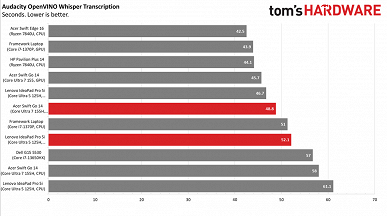
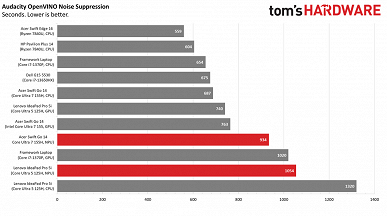
In conclusion, while Intel’s Core Ultra 7 155H shows impressive performance in certain AI tasks, especially when leveraging both NPU and GPU, it faces stiff competition from AMD’s Ryzen 7 7840U in others. This inconsistency highlights the evolving landscape of processor capabilities, especially in specialized tasks like AI, where software optimization plays a crucial role. The findings suggest that for users focused on AI applications, the choice of processor could significantly impact performance and efficiency.
The first laptop with Intel Core HX 14th generation and RTX 4060 has been revealed

